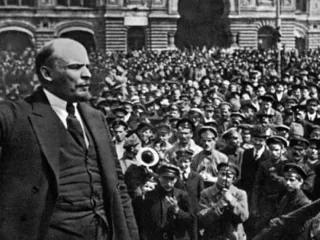Throughout history, the relationship between family responsibilities and national duty has been a complex and often conflicting one. Individuals have consistently grappled with the demands of supporting their families while also fulfilling their obligations to their nation. This tension is particularly acute in times of war or national crisis, but it also exists in more subtle ways in peacetime.
Historical Perspectives
Historically, societal expectations often prioritized national duty over family needs. Conscription and military service frequently demanded significant sacrifices from families, separating loved ones and placing immense strain on domestic life. Examples include the widespread conscription during World War I and II, and the ongoing impact of military deployments on families today. However, even in times of peace, national service or community involvement could pull individuals away from their family responsibilities.
Contemporary Challenges
In modern society, the balance between family and national duty continues to present challenges. The demands of a globalized economy often require individuals to work long hours, limiting their time with family. This can conflict with participation in civic duties, volunteering, or other forms of national service. Furthermore, issues such as childcare and eldercare can make fulfilling national responsibilities more difficult for many individuals.
Evolving Societal Expectations
Societal expectations surrounding family and national duty are constantly evolving. There is a growing recognition of the importance of work-life balance and the need to support individuals in fulfilling both family and national responsibilities. Governments and organizations are increasingly exploring ways to mitigate the conflicts between these obligations, such as providing flexible work arrangements and accessible childcare.
Conclusion
The balance between family and national duty remains a significant issue in contemporary society. Finding a sustainable solution requires a multi-faceted approach involving individual responsibility, supportive government policies, and a renewed societal commitment to valuing both family and national well-being.
Further research on this topic can be found at resources like the National Archives (for historical perspectives on national service) and academic journals focusing on sociology and political science.





























































